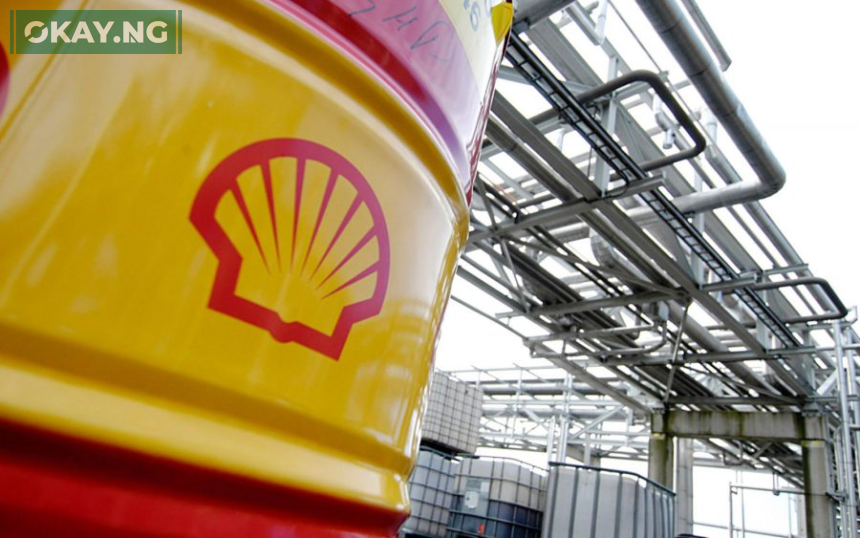The UK Supreme Court has dismissed an appeal by claimants from Nigeria’s Niger Delta region seeking to lodge pollution claims against energy giant Shell over a massive oil spill that occurred over a decade ago.
The court’s ruling stated that the claims were made after the legal deadline had passed, upholding previous judgments.
The spill, which took place in 2011 at the Bonga oilfield, resulted in the release of 40,000 barrels of crude oil into the Gulf of Guinea.
The claimants argued that their shoreline had suffered a “devastating impact” due to the leak. However, Shell maintained that the spill was promptly contained.
In their attempt to overturn rulings from lower courts, the claimants contended that the oil spill constituted a “continuing nuisance,” which should not be subject to a deadline. Nevertheless, the Supreme Court disagreed and characterized the leak as a “one-off event or an isolated escape.”
The judgment clarified that this decision does not affect a separate legal action against Shell related to other spillages.
Judge Andrew Burrows stated, “The claimants’ argument that there is a continuing nuisance, because on the assumed facts oil is still present on their land and has not been removed or cleaned up, is rejected.”
He further explained that there was no ongoing interference with the claimants’ land caused by the defendants.
While acknowledging that the 2011 spill was one of the largest in Nigerian oil exploration history, the Supreme Court emphasized that it was not a recurring incident.
Shell, a London-listed energy major, welcomed the court’s decision while expressing regret over the spill. A Shell spokesperson commented, “It was clear from the start that these claims were unfounded and brought entirely out of time.”
The company maintained that the spill had been swiftly contained and cleaned up offshore.
Oil spills have been a longstanding issue in Nigeria, which is Africa’s largest crude producer. Shell still faces an ongoing legal case in the UK after the Supreme Court ruled in February 2021 that over 50,000 people from the Niger Delta region could pursue pollution claims in English courts.
This ruling overturned a 2017 decision against the Ogale and Bille communities, who had filed claims for compensation and clean-up efforts following repeated spills in the oil-rich region.












